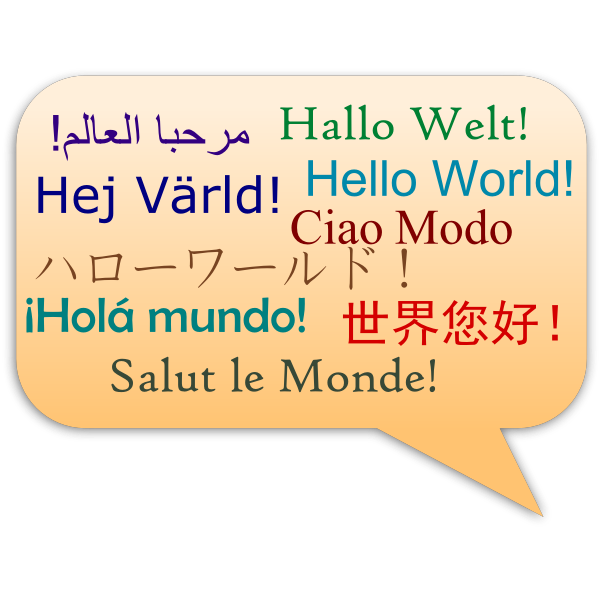
One of the greatest challenges designing useful tools is the question of what language to use on the tool and about the tool. In this occasional series of blog posts we will explore some of the choices we’ve made for the Flourishing Business Canvas and some implications.
As tool designers, we are faced with a complex challenge – what language will we choose to include in our tools? We always intentionally look for language that is responsible, ethical, accessible, and informative. This is challenging. We know that the origins of some words are steeped in violence and oppression even though these words are commonly used by many today. Further, the meaning of most words in the English language has evolved over time. Words can acquire meanings that are deeply offensive in some contexts but at the same time are in common unproblematic use in other contexts.
With this in mind, at present in the Flourishing Business Canvas, we have chosen to use the word stakeholder. We take its meaning from its current widespread use in a business context: people who are affected by or can affect a decision (as defined by Freeman in 1984).
However, we recognize that the historical and other uses of the word stakeholder are offensive to some. Specifically, we have learned that historically stakeholders were people who drove stakes into the land to demarcate the land they were occupying/stealing from Indigenous peoples. Further, we recognize, in current usage, attempts are made to disempower Indigenous peoples by claiming they are equal stakeholders (based on Freeman’s definition) with settler groups or organizations, reducing the possibility for free, prior, and informed consent. In this case, Indigenous peoples are not being given precedence and respect as nations.
We are currently exploring alternatives to the term stakeholder that can better convey the meaning necessary for the Flourishing Business Canvas to be useful, while at the same time being accessible to all. In the meantime, we acknowledge that our current choices may cause harm to some groups.
As we continue to explore flourishing practices and language more deeply, we are learning and improving the words we use. We thank you for your feedback and wisdom so that we are able to continue to improve the accessibility of the Flourishing Business Canvas, its associated methods, and other elements of the Flourishing Enterprise Innovation Toolkit.
